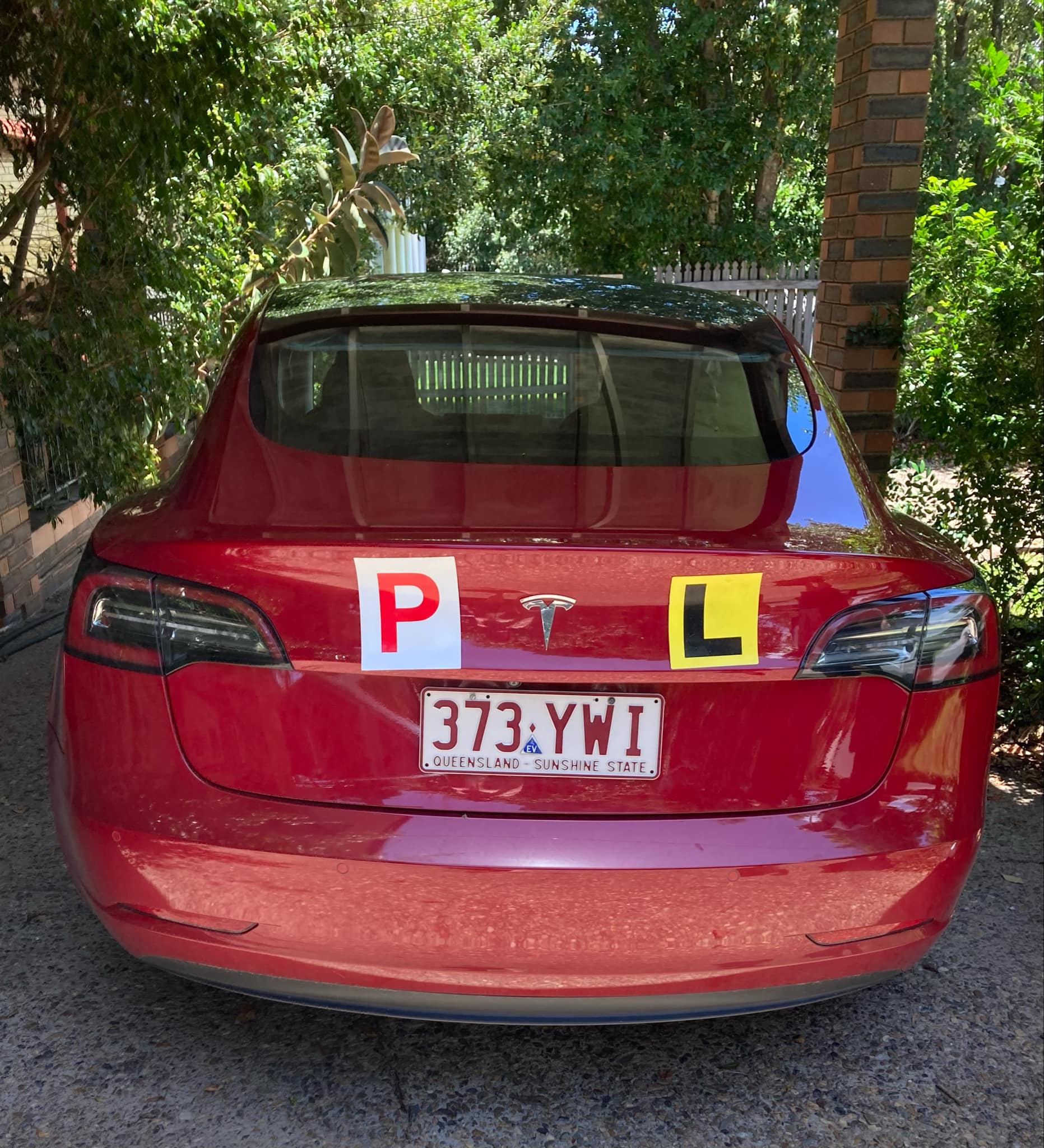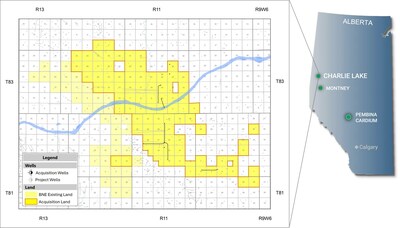Sign up for daily news updates from CleanTechnica on email. Or follow us on Google News!
When an oil or gas company drills a well, it is supposed to post a bond — a sum of money sufficient to cap it and mitigate any environmental damage when it stops producing. Typically, those bonds are woefully inadequate, amounting to no more than a few pennies on the dollar, and so those so-called orphaned wells stay open, spewing methane into the air and polluted water at the site where the wells are located.
This travesty is the result of the cozy relationship between oil and gas companies and governments. The companies convince compliant politicians and regulators that the cost of cleaning up their mess is too great for them to be profitable, and since everyone knows that Americans demand cheap energy and plenty of it, those politicians and regulators set ridiculously low requirements for cleaning up the messes those companies make.
That’s bad enough, but when the wells stop producing, the companies sell them to shell companies who loot the meager amount of money set aside and then declare bankruptcy when pressed to do more. The taxpayers are then left to clean up the mess — just a small piece of the more than $5 trillion in direct and indirect subsidies the fossil fuel industry squeezes out of governments every year. You may ask why those who set this scam up aren’t in jail, but you know the answer. Laws are for the rich. How much justice can you afford?
A Suit Over Orphaned Wells
When Cindy McCormick and her husband Randy bought property in Hudson, Colorado in 2020, they thought they had found their forever home. It was expansive, close to friends, and had a stunning mountain view. It did have an abandoned oil well at one edge of the land, but the realtor and the well’s owner — Painted Pegasus Petroleum — assured the couple that it would be cleaned up.
Two years later, McCormick began to look for more information, but Painted Pegasus didn’t return her calls. When she reached county officials for help, they informed her that the company had filed for bankruptcy in November 2021. “They said the well was orphaned and was now the responsibility of the state, and so it would be years probably before anything could be done to assist with our situation,” she told The Guardian. There are more than 1,800 orphaned wells like the one on the McCormick property in Colorado. Of the 4 million abandoned oil and gas wells in the US, about 117,000 across 27 states are orphaned, the US Geological Survey estimates.
Last week, the McCormicks joined a group of property owners and farmers in Colorado in a lawsuit against HRM Resources, an oil company based in Denver. The plaintiffs says oil companies including Chevron transferred hundreds of nearly depleted wells to HRM, which then conspired to avoid millions of dollars in clean-up obligations. They allege that HRM Resources then committed fraud by transferring nearly 200 wells to Painted Pegasus Petroleum, a Texas-based shell company designed expressly for bankruptcy. When it transferred those assets, the plaintiffs allege, HRM knew Painted Pegasus would soon go bankrupt, offloading well decommissioning costs onto private landowners or the state.
Orphaned Wells Are Hard To Remediate
According to the USGS, orphaned wells result in both safety and environmental problems that are difficult to rectify because the original owners are no longer around to take responsibility for them. That frequently means that no one knows where the wells are either. As a result, no one knows just how many orphaned oil and gas wells there are.
Some of the problems orphaned oil and gas wells create are safety related but there are environmental issues also. Groundwater movement associated with an unplugged well can contaminate local well water and ecosystems. In addition, unplugged orphaned wells can emit greenhouse gases to the atmosphere, making climate change worse.
An analysis in 2021 found that the median cost of plugging and reclaiming a single well is $76,000. According to federal data, the cost of cleaning up all abandoned wells in the US could cost up to $19 billion. This is a perfect example of how business, with help from compliant politicians and administrators, privatizes the profits derived from capitalism while socializing the costs.
“If this case is successful, it could be a huge step in ensuring that the costs of cleaning up these wells are paid by the oil and gas companies who profited from them while empowering local communities against the polluters that have run roughshod over their land and health,” Camille Sippel, an attorney at ClientEarthtold The Guardian.
According to the Environmental Protection Agency, in 2021 wells that were no longer producing oil or gas emitted 295,000 tons of methane — a greenhouse gas 80 times more powerful than carbon dioxide in the short term. It would take emissions from 1.8 million cars to equal the climate heating effects of that much methane. Since unplugged wells are 100 times more polluting than plugged ones according to the EPA, stopping companies from dodging the clean-up process could dramatically lower those emissions.
The litigation follows another suit brought by land owners in West Virginia against gas producer EQT for allegedly fraudulently transferring 700 aging wells to another company to avoid clean-up responsibilities. EQT denies these allegations and is fighting the lawsuit in federal court.
It also comes as new public funding becomes available for clean-up. Through the Bipartisan Infrastructure Law, the interior department is allocating $4.7 billion to decommission orphaned wells which have no one responsible for capping them and cleaning them up. That is $4.7 billion the fossil fuel companies have foisted off onto the shoulders of taxpayers while they make record profits (and record amounts of executive compensation).
McCormick hopes the lawsuit is successful, and that legislation going after orphaned wells is put into place, making additional litigation unnecessary. “We need the oil and gas companies to be accountable,” she said. “When you first come up against them, you think there’s nothing you can do. That shouldn’t be the case,” she said.
The Takeaway
There could be no more fitting example of how corporations have weaponized capitalism to tilt the tables strongly in their favor. This takes relentless lobbying at the state and federal level to distort the laws in the first place and compliant judges who permit such shenanigans to take place in their courtrooms without a whimper of protest. The fix is in, that’s for sure, and the people are the suckers who are being hosed. As George Carlin taught us, the oil and gas industries are a great big club and we’re not in it!
Now a group of citizens are putting their own money (as if they don’t already pay enough in taxes) to try to hold these lying, cheating, stealing corporations to account for their nefarious deeds. Sadly, these companies can always find flotillas of attorneys who are willing to suppress any moral instincts they may have because the money to be made from defending such scum is just too good to pass up.
We wish the McCormicks and their fellow plaintiffs well. They will need it. The companies involved will drag their feet and prolong the process as long as possible, hoping some or all of the plaintiffs will tire of the game, or run out of money, or both. Sadly, the courts permit and even encourage such dilatory practices. As the old expression goes, justice delayed is justice denied. There will be no speedy resolution of this case and so justice will be denied the plaintiffs for years to come.
Have a tip for CleanTechnica? Want to advertise? Want to suggest a guest for our CleanTech Talk podcast? Contact us here.
Latest CleanTechnica TV Video
CleanTechnica uses affiliate links. See our policy here.




